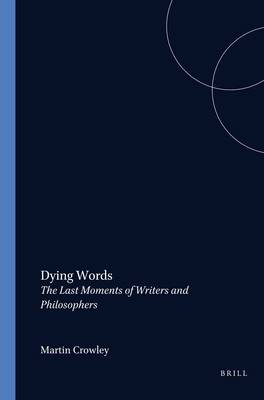
- Afhalen na 1 uur in een winkel met voorraad
- Gratis thuislevering in België vanaf € 30
- Ruim aanbod met 7 miljoen producten
- Afhalen na 1 uur in een winkel met voorraad
- Gratis thuislevering in België vanaf € 30
- Ruim aanbod met 7 miljoen producten
Zoeken
Harmony and the Music of the Spheres
The Ars Musica in Ninth-Century Commentaries on Martianus Capella
Mariken Teeuwen
€ 364,95
+ 729 punten
Omschrijving
In the ninth century, Martianus Capella's De nuptiis Philologiae et Mercurii, a late-antique encyclopedia of ancient learning on the seven Liberal Arts, was read with scrupulous vigour by the intellectual elite. Carolingian scholars produced a wealth of commentaries and glosses, which survived hidden in the margins of a remarkably large number of manuscripts.
In the first part of the book, the manuscript tradition of the oldest commentary is taken under scrutiny, and the Carolingian reception of ancient knowledge on the subject of music is opened up and analyzed. Its relevance for the formation of a new, medieval music theory is evaluated.
In the second part, the relevant parts of the oldest commentary are edited on the basis of eight ninth-century manuscripts.
In the first part of the book, the manuscript tradition of the oldest commentary is taken under scrutiny, and the Carolingian reception of ancient knowledge on the subject of music is opened up and analyzed. Its relevance for the formation of a new, medieval music theory is evaluated.
In the second part, the relevant parts of the oldest commentary are edited on the basis of eight ninth-century manuscripts.
Specificaties
Betrokkenen
- Auteur(s):
- Uitgeverij:
Inhoud
- Aantal bladzijden:
- 589
- Taal:
- Engels
- Reeks:
- Reeksnummer:
- nr. 30
Eigenschappen
- Productcode (EAN):
- 9789004125254
- Verschijningsdatum:
- 26/03/2002
- Uitvoering:
- Hardcover
- Formaat:
- Genaaid
- Afmetingen:
- 190 mm x 244 mm
- Gewicht:
- 1192 g

Alleen bij Standaard Boekhandel
+ 729 punten op je klantenkaart van Standaard Boekhandel
Beoordelingen
We publiceren alleen reviews die voldoen aan de voorwaarden voor reviews. Bekijk onze voorwaarden voor reviews.








